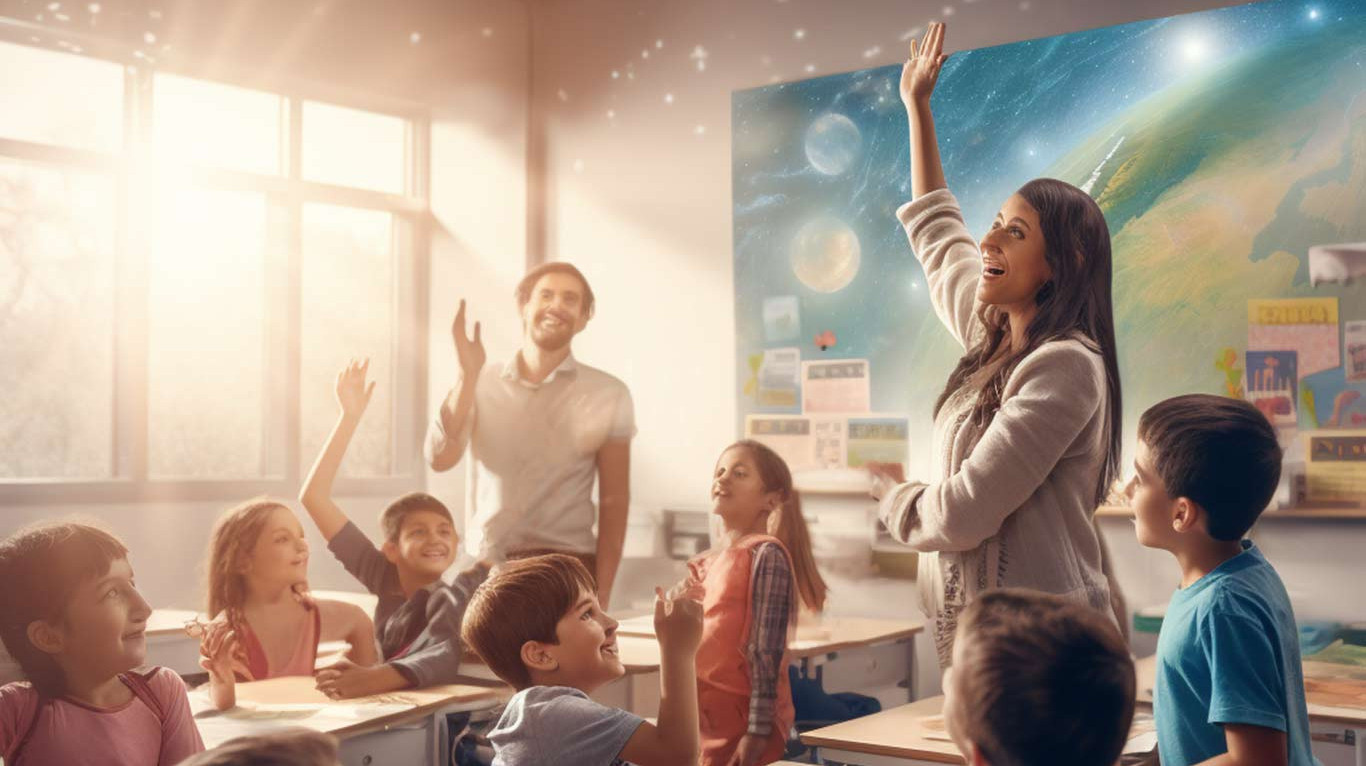Artificial Intelligence
September 2023
ChatGPT In Education: Balancing OpenAI's Tool

OpenAI aims to integrate its conversational AI, ChatGPT, into educational settings, even with the inherent risks of its misuse. Originally considered a "research assistant" tool for students, there are now concerns about its potential for enabling cheating behaviours.
ChatGPT has stirred debates in the educational community. Cases have arisen where students might be using the chatbot for tasks like essay writing or answering take-home exams. The ethics surrounding this usage vary: some see it as outright cheating, others as resourceful, and some opinions fall in between. Nevertheless, it's causing disruptions to conventional teaching methods globally.
In an attempt to reshape the perception of ChatGPT in education, OpenAI has introduced several intriguing applications. For instance, language learners, especially those learning English, can use ChatGPT to enhance their translation and writing skills. While the AI may not always be factually accurate, it generally produces grammatically correct content. Feedback from non-native speakers suggests the tool is equally beneficial for young learners and adults.
Educational experts, as cited by OpenAI, suggest other classroom uses like crafting test questions or simulating job interviews. Geetha Venugopal, a teacher in Chennai, India, offers a unique perspective: she uses ChatGPT to teach students about critical thinking. She cautions her students that ChatGPT's responses aren't always reliable. By verifying the information with primary resources, she encourages them to hone their problem-solving and critical-thinking skills. In doing so, she's equipping them with a skill that many adults lack today.
An important question that arises is the identification of AI-generated content as student work. OpenAI is candid in addressing this issue. Tools that claim to detect AI-generated content are not always reliable. Small modifications, like omitting phrases like “As an AI, I...”, can easily mask AI-generated content. Instead of relying on detection tools, OpenAI advises educators to ask students to present their work process, including any interactions with AI tools, to ensure genuine learning.
Enjoying what you're reading?
See our workOpenAI also guides how educators can use ChatGPT effectively. They suggest educators set clear parameters, such as instructing the AI to act as a supportive instructional coach. While these direct suggestions may not be ideal for every classroom, they hint at the potential of AI in assisting teaching.
In conclusion, AI tools like ChatGPT will inevitably play a significant role in the future of education. While there are valid concerns about potential misuse, history shows that students have always found ways to exploit available resources – from sneaking games into graphing calculators to copying reports from encyclopedias. The challenge for educators is to adapt and harness the power of these tools constructively.
Enjoyed This Tech Insight?
Don't miss out on the latest trends and developments by subscribing to our Tech Roundup Newsletter where every two weeks, we share the biggest tech headlines from around the world.
Make sure to subscribe here!
